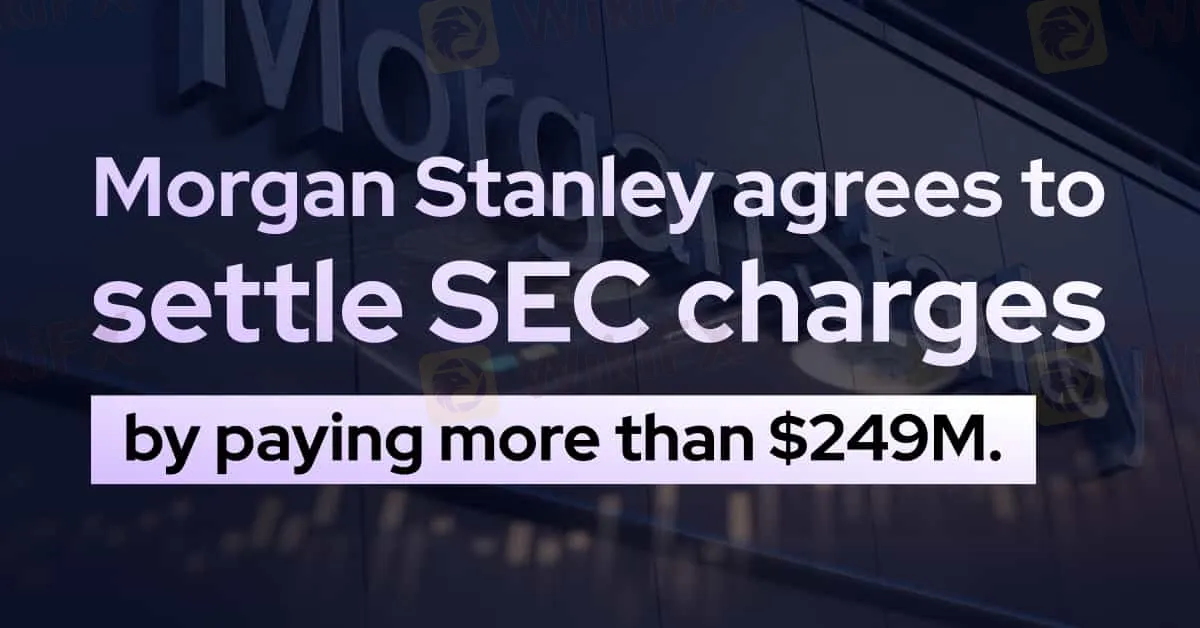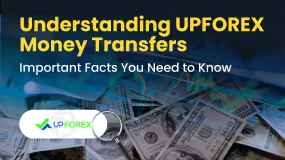Abstract:The Securities and Exchange Commission (SEC) recently brought charges against Morgan Stanley & Co. LLC, a leading investment banking institution, and its former head of the equity syndicate desk, Pawan Passi.

The Securities and Exchange Commission (SEC) recently brought charges against Morgan Stanley & Co. LLC, a leading investment banking institution, and its former head of the equity syndicate desk, Pawan Passi.
These charges are linked to a prolonged fraud scheme involving the improper disclosure of confidential information related to significant stock transactions known as “block trades.” Additionally, the SEC has accused Morgan Stanley of failing to adhere to policies designed to prevent the misuse of material non-public information related to block trades, which typically involve the private arrangement and execution of substantial quantities of a company's shares outside of public markets.
The SEC alleges that Morgan Stanley and Passi shared information about impending block trades with certain buy-side investors, anticipating that these investors would use the information strategically. Specifically, these investors were expected to take substantial short positions in the stock associated with the upcoming block trade. If Morgan Stanley proceeded with the block trade, these investors would then request and receive allocations from Morgan Stanley to cover their short positions, effectively mitigating the bank's risk.
The SEC's investigation, covering the period from June 2018 to August 2021, revealed that Passi and a subordinate on Morgan Stanley's equity syndicate desk disclosed non-public information about imminent block trades to specific buy-side investors. This occurred despite explicit confidentiality requests from the sellers and Morgan Stanley's internal policies governing the handling of confidential data.
Furthermore, the SEC's order highlights Morgan Stanley's failure to implement effective information barriers, preventing the transmission of material non-public information from the equity syndicate desk (located on the private side of the firm) to a trading division on the public side. This lapse hindered the firm's ability to scrutinize whether trades by the public side, conducted while discussions were ongoing with selling shareholders about potential block trades, were based on confidential information.
The SEC's order against Morgan Stanley asserts that the firm knowingly violated Sections 10(b) and 15(g) of the Securities Exchange Act of 1934, along with Rule 10b-5(b) thereunder. As a result, the SEC censured the firm and imposed financial penalties, requiring payment of approximately $138 million in disgorgement, about $28 million in prejudgment interest, and an $83 million civil penalty. In the case of Passi, the SEC's order states that he willfully violated Section 10(b) of the Exchange Act and Rule 10b-5 thereunder, leading to a $250,000 civil penalty, along with associational, penny stock, and supervisory bars.
Concurrently, the U.S. Attorneys Office for the Southern District of New York has reached criminal resolutions with Morgan Stanley and Passi. Notably, the SEC's disgorgement and prejudgment interest requirements for Morgan Stanley will be deemed partially satisfied by the firm's forfeiture and restitution of $136,531,223 as part of its criminal resolution.










